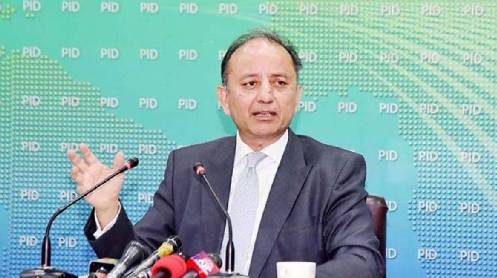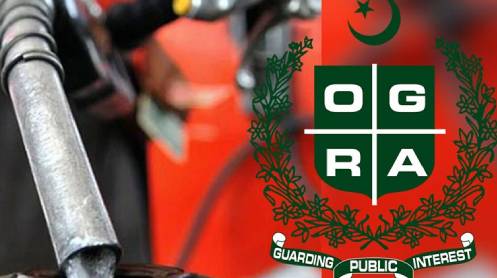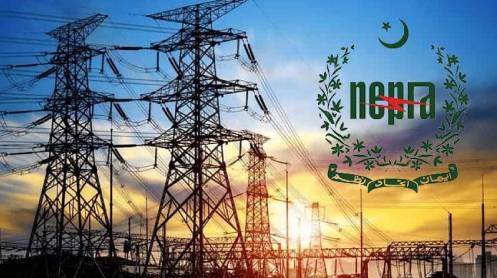ISLAMABAD: Petroleum Minister Dr. Musadik Malik has warned of potential “isolated bankruptcies” in the petroleum sector unless a weighted average price mechanism is introduced for imported, piped, and wellhead gas. He emphasized that rationalizing electricity rates would encourage a transition in transport, cooking, and heating sectors.
Speaking before the National Assembly’s Standing Committee on Petroleum, Dr. Malik criticized the PTI government for contracting additional liquefied natural gas (LNG) cargoes despite declining demand and enforcing a shift of industrial captive power plants (CPPs) to the national grid, a commitment the current government could not withdraw due to IMF obligations.
He announced that a biofuel-ethanol policy had been finalized and would be presented for cabinet approval within a month. The policy aims to incentivize petroleum product standards to Euro-5. He also highlighted that Sui Northern Gas Pipelines Ltd. (SNGPL) had successfully reduced system gas losses to below 5%, surpassing regulatory targets. However, Sui Southern Gas Company Ltd. (SSGCL) faced higher losses of 13-15%, mainly due to Balochistan’s contribution, where gas losses were disproportionately high.
The committee, chaired by Syed Mustafa Mehmood, expressed concerns over the Balochistan High Court’s ruling that prevented SSGCL from charging more than Rs5,700 per month from consumers regardless of consumption. Dr. Malik labeled this judicial interference in administrative matters and confirmed that the government had challenged the order.
On the issue of gas diversion from Sindh’s industries to Balochistan, which some viewed as a violation of Article 158 of the Constitution, Dr. Malik clarified that the exchange was seasonal—Sindh supplying gas to Balochistan in winter while receiving surplus gas from Balochistan in summer. He cautioned that any abrupt changes to this arrangement could alienate Balochistan’s population, who relied on the state’s support during harsh winters.
Dr. Malik explained that domestic gas costs industries around Rs2,150 per unit, while LNG costs Rs3,500 per unit. By blending both, the price could average around Rs2,400-2,600 per unit, making LNG-based power plants more viable. Including wellhead gas pricing could further reduce the blended rate to Rs1,700 per unit, preventing an oversupply of imported LNG while maintaining domestic production.
Highlighting the broader energy landscape, Dr. Malik noted that while only 30% of the population had access to gas, 99% had electricity. He advocated incentivizing electricity use for heating, citing its economic and environmental benefits over gas dependency.
Story by Khaleeq Kiani





